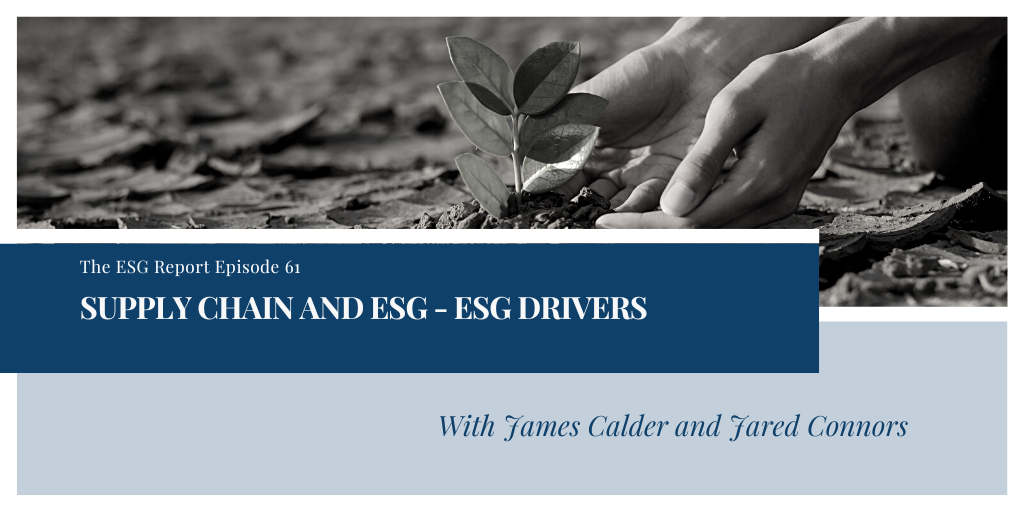
James Calder and Jared Connors of Assent are today’s guests on this premier episode of the 5-part series, Supply Chain and ESG – What You Need to Know. In this brief conversation, they chat with Tom Fox about how ESG impacts a company’s performance presently and in the future.
Before the pandemic, many companies were very dependent on global supply chains. Post-pandemic, however, companies need to focus on environmental resilience. This means that they need to be careful about where they get their supplies from because there is a risk of disruption. It is risky now to source from regions that do not abide by the appropriate environmental controls or expectations on human rights, all of which can lead to a supply chain disruption. Additionally, companies that can’t demonstrate that their products don’t violate human rights are at a disadvantage. Without evidence that they are adhering to labor laws, they could lose business to their competitors, Jared tells Tom.
ESG offers companies the opportunity to determine with data if there are operational inefficiencies. If there are inefficiencies, business solutions can be brought to help make companies actually run more efficiently from the data collation required for an ESG program. This in turn saves companies money. “When you think about that in the context of labor… if you’re helping the well-being of these organizations or these individuals out there working in these organizations, oftentimes you see a lot more efficiency and better quality in their work,” Jared says.
Resources
James Calder | LinkedIn
Jared Connors | LinkedIn


